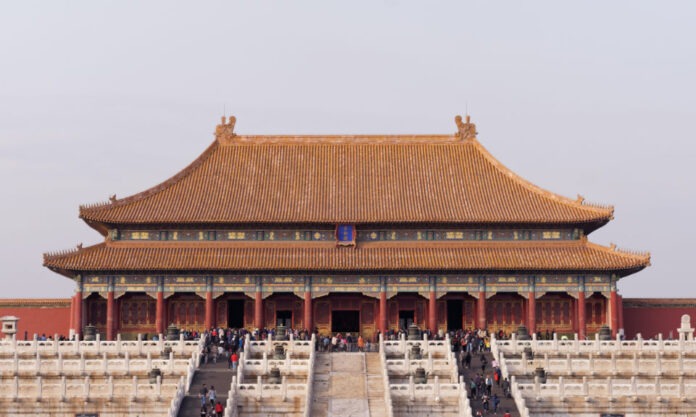That it be a modest community not often brought up, the Manchu people were nevertheless powerful rulers that undisputedly conquered China and established the Qing Dynasty, whilst being a national ethnic minority.
The Manchus carried out atypical political management and military tactics in leading the creation of one of the most influential and wealthy empires of the early modern age.
But, like any other empire around the globe, they rise and they fall…
After the Qing Dynasty’s collapse, the Han Chinese rose to power and are still in charge of jurisdiction to this day. Nevertheless, this formulates an important question; what happened to the Manchu people?
Like other numerous contemporary ethnic groups, the ethnogenesis of the Han Chinese was an extensive procedure that involved the expansion of Chinese colonisation and the assimilation of various Chinese (non-Han) ethnic groups, including the Manchu.
From a cultural perspective, the Manchu people are not an extinct community, but indeed rather significantly diluted by the Han Chinese lifestyle.
Manchu culture exists today in many forms; from things as simplistic as the celebration of Manchu holidays (for example “Banjin Inenggi”, more commonly known as “Life Day”) to attempts at practicing ancient Manchu Shamanism, through the lens of a modern Chinese national with fundamentally Han Chinese deities and values.
Many rural Manchus practice Mongolian Buk (roughly the Manchu interpretation of Mongolian wrestling), and some have taken up learning archery again, to fortify their ancestral bonds.
Several Manchu cliques even wear their traditional garments and hairstyles for special occasions. However, for the most part, Manchus today have culturally become Han with latent “touches” of Manchu culture.
Moreover, to communicate with Han Chinese settlers, Manchu villagers had to learn to speak Mandarin. This, combined with the fact that there were high rates of intermarriage between the two groups, meant the Manchu language progressively declined.
As a result, today there are less than 20 native speakers of Manchu and mere thousands of second language speakers.
That being said, few amongst the population are passing the Manchu language down, primarily due to economic as well as academic pressures to learn more “viable” languages, such as Mandarin.
Furthermore, those that are inherently born Manchu and have learned the language on a more linguistic note, often make little attempt or fail to pronounce Manchu correctly, because of their dense Mandarin intonation and oral influences.
To summarise, the reason why the Han Chinese became the ethnic majority in China was because the Manchus assimilated by openly advocating for the adoption of Han Chinese practices, customs, and religion by the Manchu nobility.
This in turn, was translated, despite emperors’ best attempts, in to a linguistic acquisition. However, why they assimilated, just as how, depends on whether it is in reference to the pre-descent of Qing China, this being in order for the Manchus to rule over the ethnic majority in an efficient manner.
Post descent, if they didn’t adopt their cultural practices, they would either be evicted or executed, depending on their social status prior to the fall.
If Manchu survives as a language and continues to be pronounced through a Mandarin lens, without any endeavour to adjust speech patterns in order to “mimic” other well-conserved Southern Tungstic language pronunciations, the phonetical shift will be further strengthened until it resembles Mandarin more than Manchu itself.
Perhaps we must ask ourselves another important and fundamental question… Is the Manchu language and culture worth preserving or should it be left in the past?









